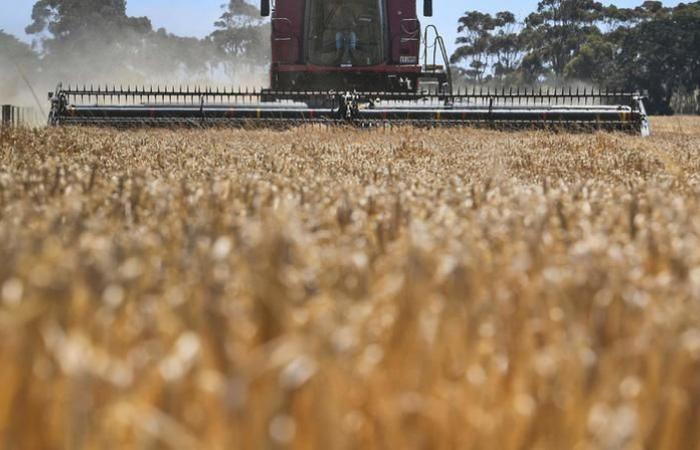The threshers are in action and struggling with straw cereals, wheat and barley, in some cases lodged due to the rains in May. There is still no certainty about the results of a campaign that has affected the quality and yields of autumn cereals, except for some anticipations made with great caution by operators and farmers. In the international panorama, imports of grain cereals in Italy, according to Istat surveys for 2023, increased overall by 901,000 tonnes (+6%), with a value decreasing by 203.4 million euros (-3.9% compared to 2022). The quantitative increase is mainly due to durum wheat (+1.2 million tonnes, equal to +358.1 million euros) and soft wheat (+487,000 tonnes, with a value decreasing by 118.7 million euros). Emilia-Romagna has important production areas that, depending on the year, invest in wheat surfaces, mostly soft wheat: we are talking about 160 thousand hectares, in a national context of about 570 thousand hectares at a national level. “The situation detected a few days after the start of the barley and wheat harvesting campaign is very variable – explains Marco Sacchi, agronomist and cereal manager of the Progeo cooperative – and mainly derives from the precipitations and calamitous spring weather events, which have hit the Emilia-Romagna region in a patchy way. The most penalized areas are those close to Romagna and Parma, where there are several lodged fields. Things are better in the areas of Bologna and Ferrara, while in Reggio Emilia there are no particular problems”. “It is – continues Sacchi – a very general analysis, because in some areas the situation is really different even from company to company and there is no uniformity. The only feature
common is the presence of fungal diseases caused by intense rainfall, which however, also in this case, affected more or less intensely depending on the variety, the possibility of carrying out treatments and the attack period: if the wheat became ill early , clearly the problems have been greater.” “At the moment we can only make predictions, but despite a climate trend that is not too favorable, we expect better overall performances compared to last year – concludes Sacchi – with yields that we believe will be more satisfactory for producers “. Genetic research and selection and the choice of varieties is an element that cereal companies look at carefully, also taking into consideration climate changes. “The supply chain is often thought of as a connection between production and consumption – explains Antonio Dall’Amore, director of the cereals sector of Terremerse -, forgetting however that the most important part comes before production. For this reason, research and development are always attentive to the optimization of harvests, providing indications to producers in terms of genetics and technical means, because agriculture must rediscover value and sustainability from all points of view”.






